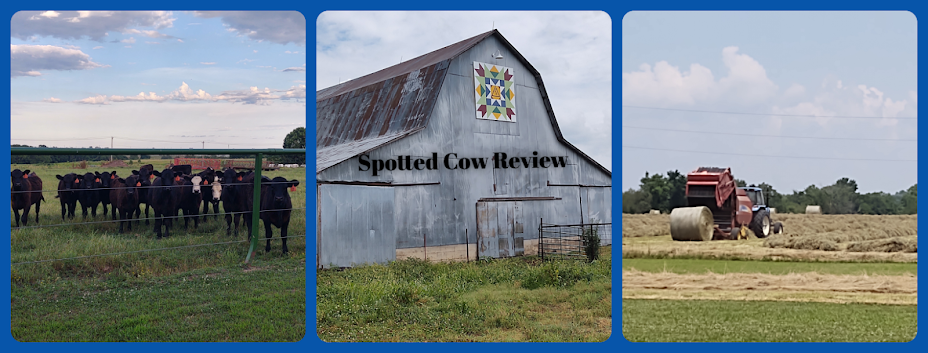Monday, May 9, 2016
Dairy Truth Telling
Tuesday, March 31, 2015
Generational Sustainability
- Satisfy human food and fiber needs
- Enhance environmental quality and the natural resource base upon which the agricultural economy depends
- Make the most efficient use of nonrenewable resources and on-farm resources and integrate, where appropriate, natural biological cycles and controls
- Sustain the economic viability of farm operations
- Enhance the quality of life for farmers and society as a whole
Wednesday, March 26, 2014
Dairymom's Thankful Thursday
I love this picture of my mother-in-law, Bonnah Lyn. It's a reminder to me of how hard she worked, the sacrifices she made for her family and family farm, and how technology has changed the efficiency of food production.
I'm thankful for our agricultural heritage and for the third generation farmer she raised just for me!
Wednesday, December 29, 2010
Resolution for Agriculture

"The declining number of farmers in the USA ought to be a national policy issue since I don't want the USA to become an importer of food and fiber"---this was the comment I received in a letter from a Kiwanis member after my presentation about dairy promotion. During an informal question and answer session after my presentation, we were discussing the efficiency of the American farmer. Although I did not bring out the fact that the average age of the farmer is 55 years old, it was on the mind of the member. This fact does bring one to think about the importance of who will be producing our food in the future. It should be a concern for every American. As we are just days away from 2011, I am resolved to do my part in insuring the future of agriculture and the American farmer by: engaging in conversations about how we produce the safest,most abundant and most affordable food, encouraging consumers and farmers to be active and educated on issues that effect all of us and supporting all efforts of agricultural organizations to foster involvement of young women and men in agriculture. Will you support American agriculture?





